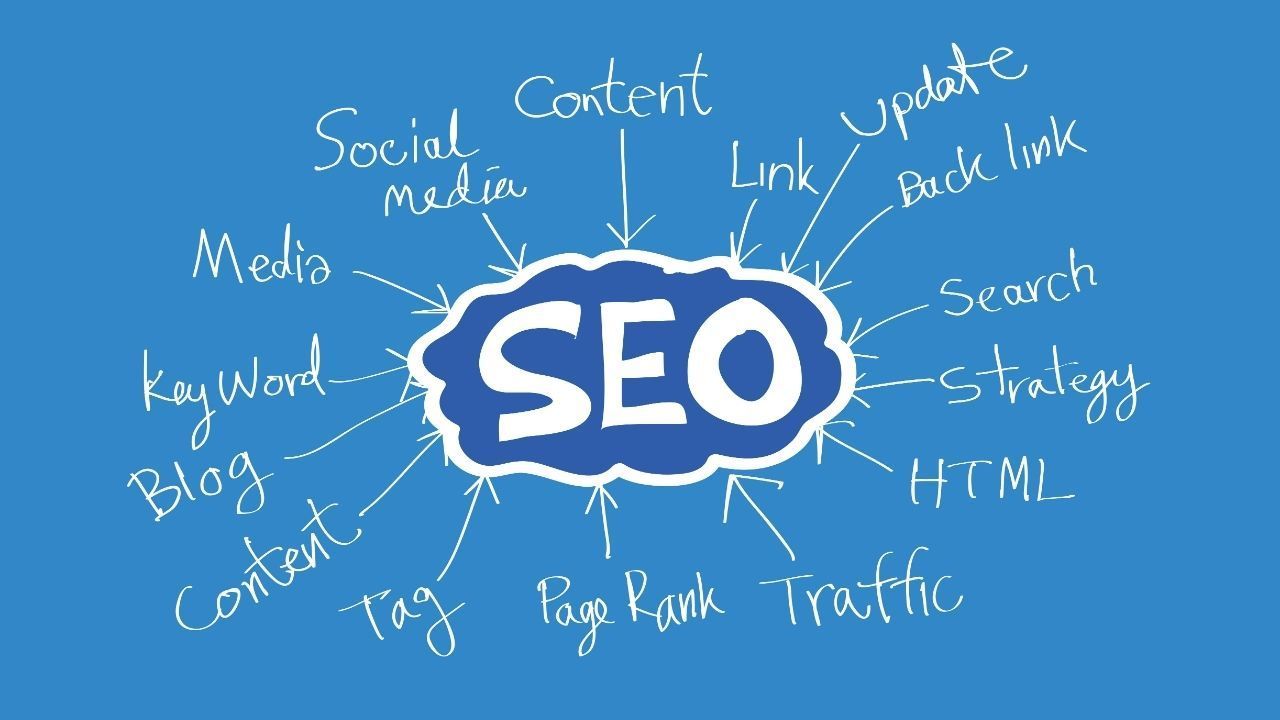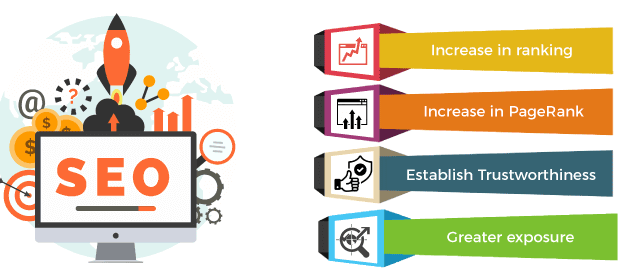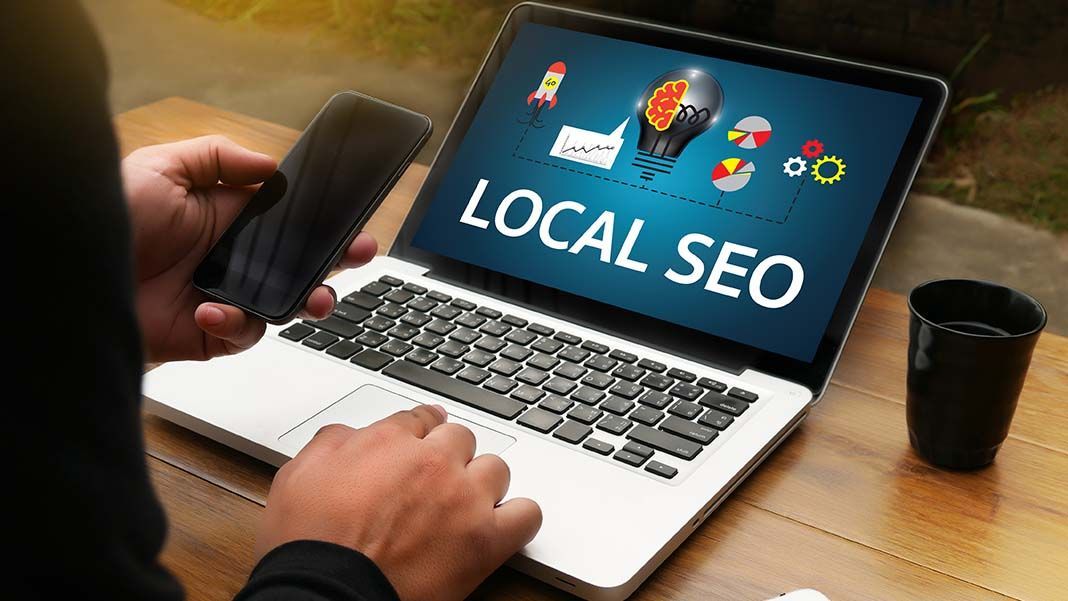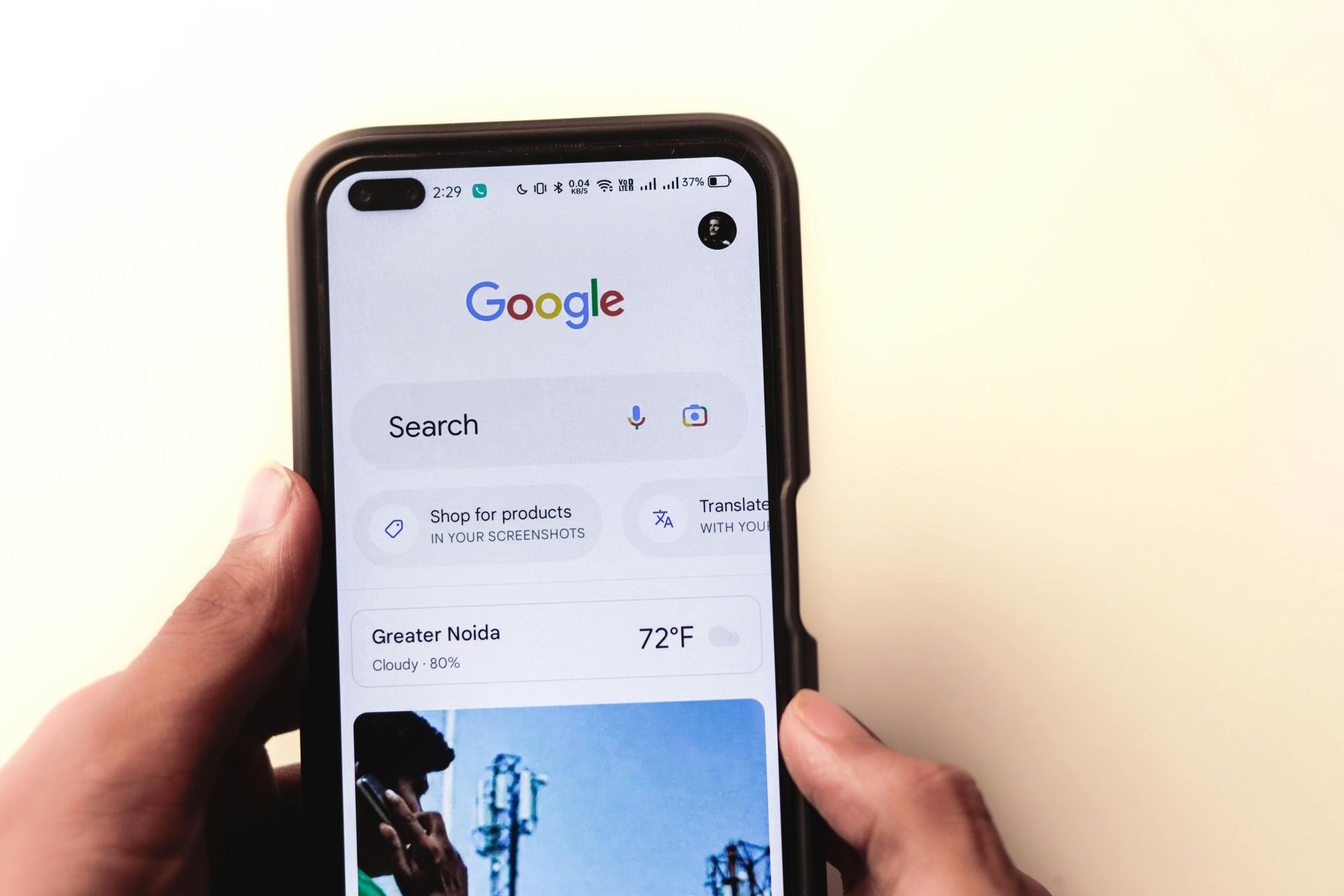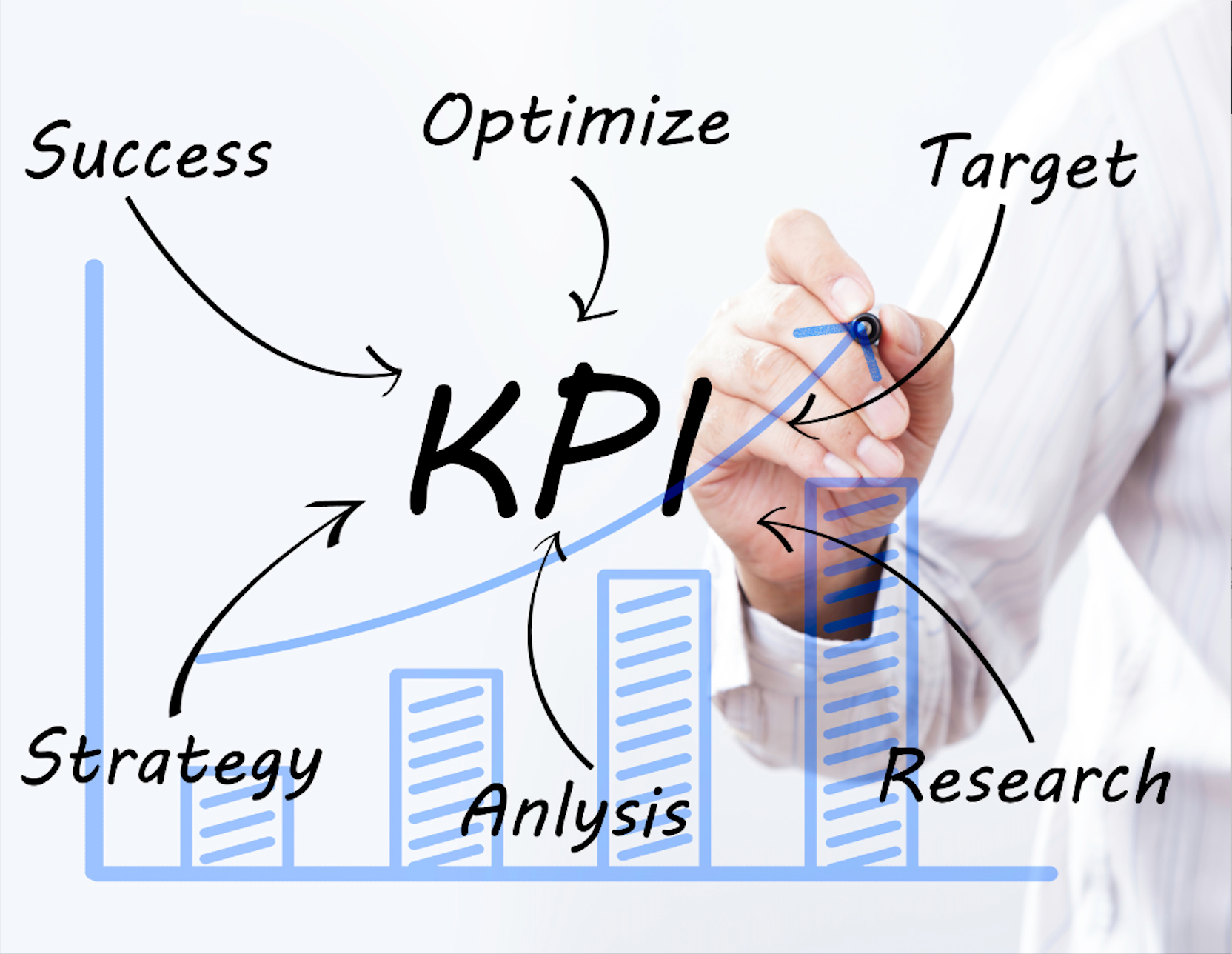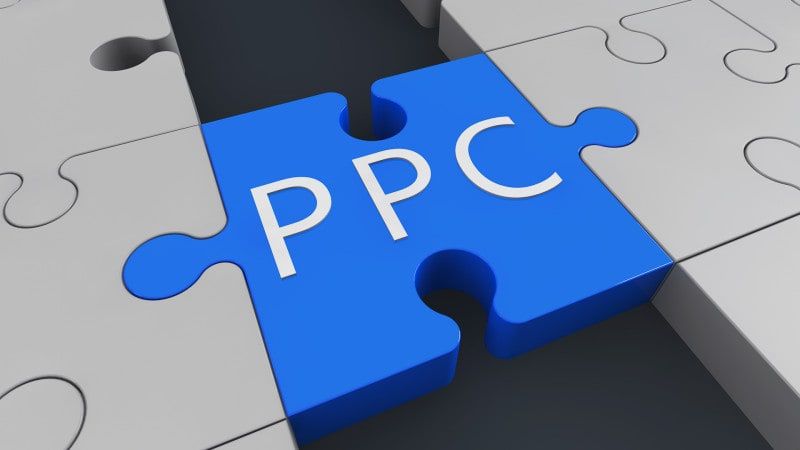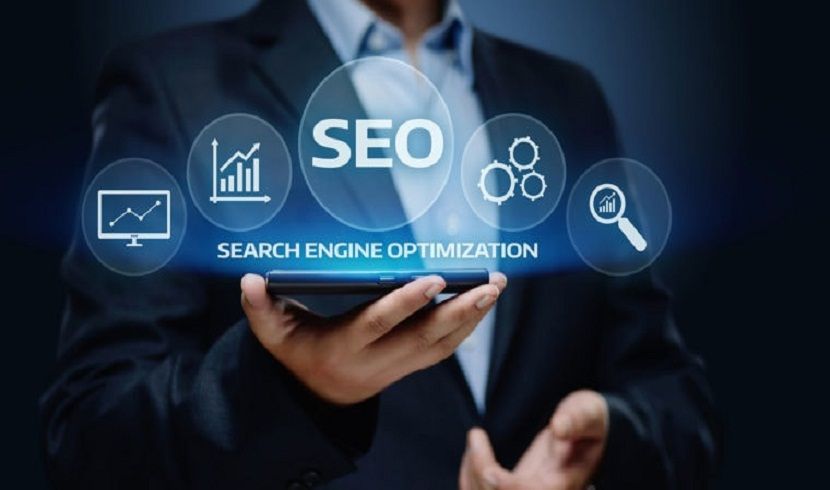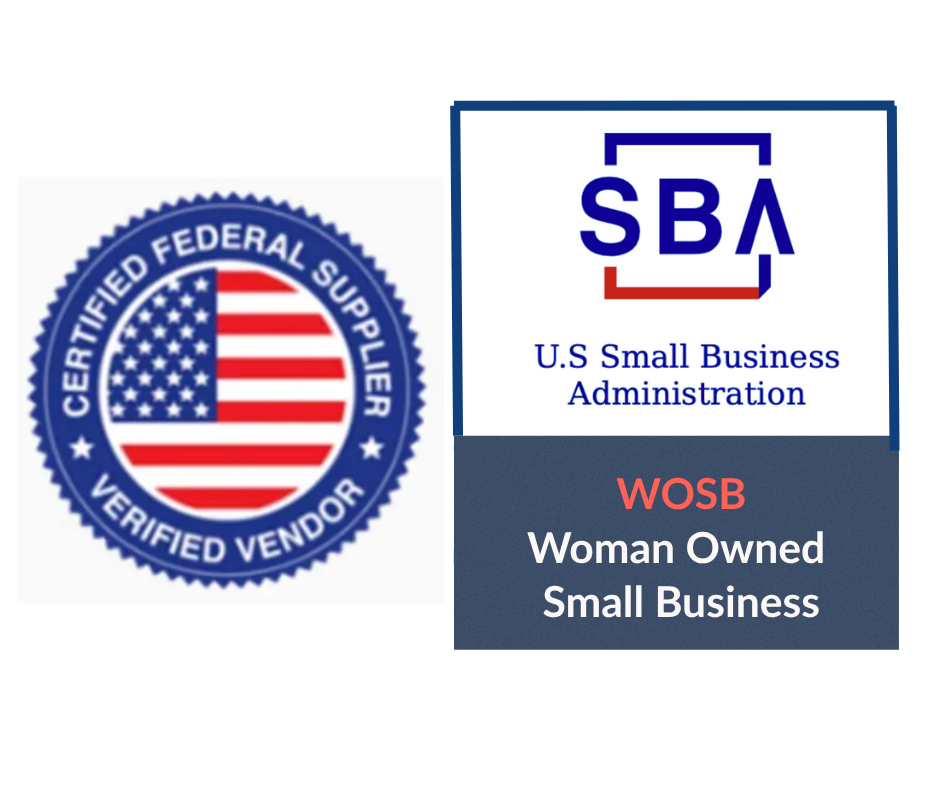On-Page + Off-Page SEO
What is it and why does it matter?
In today's digital world, search engine optimization (SEO) has become essential for businesses to increase their online visibility and attract potential customers.
However, many small business owners struggle to understand the difference between
>>>
On-Page and Off-Page SEO tactics.
On-Page SEO
focuses on optimizing the content and structure of your website, while
Off-Page SEO refers to activities that occur outside of your website, such as link building and social media marketing. Understanding the differences and benefits of each tactic is key to improving your search engine ranking and driving more traffic to your website.
In this post, we will provide a complete guide to On-Page vs. Off-Page SEO, and how small business owners can use these tactics to boost their online visibility and attract more customers.
- What is SEO?
- On-Page SEO: What it is and why it matters
- The basics of On-Page SEO
- Off-Page SEO: What it is and why it matters
- The basics of Off-Page SEO
- The importance of link building
- Social media and its impact on SEO
- Keyword research: Finding the right words to target
- Local SEO: How to optimize your business for local searches
- Balancing On-Page and Off-Page techniques for maximum impact
2. On-Page SEO: What it is and why it matters
On-page SEO is the practice of optimizing individual web pages in order to rank higher and earn more relevant traffic in search engines. This includes optimizing content, images, meta tags, and other on-page elements such as internal linking and URL structure.
On-page SEO is important because search engines use the content on a web page to determine its relevance and how high it should rank in search results. By optimizing your on-page elements, you can send a clear signal to search engines about the content on your website and improve your chances of ranking higher.
In addition to helping with search engine rankings, on-page SEO can also improve user experience by making your website more user-friendly and easier to navigate. By optimizing your content and other on-page elements, you can make it easier for users to find what they're looking for and engage with your website.
Some key elements of on-page SEO include keyword research and optimization, page titles and meta descriptions, header tags, image optimization, and internal linking. By focusing on these elements and making sure your website is optimized for both search engines and users, you can improve your online visibility and attract more relevant traffic to your website.
3. The basics of On-Page SEO
4. Off-Page SEO: What it is and why it matters
Off-page SEO refers to the optimization that is done outside of your website in order to improve its search engine ranking. This includes tactics such as link building, social media marketing, and influencer outreach.
While on-page SEO focuses on optimizing the content and structure of your website, off-page SEO is all about building your website's reputation and authority on the web.
One of the most important aspects of off-page SEO is link building. This involves getting other websites to link back to your website. The more high-quality and relevant links you have pointing to your website, the more authoritative and trustworthy it will appear to search engines. This can greatly improve your search engine rankings and drive more traffic to your website.
Social media marketing is another important component of off-page SEO. Social media platforms provide a great opportunity to build your brand, engage with your audience, and drive traffic to your website. By creating and sharing high-quality content on social media, you can attract followers who are interested in your business and its products or services.
Finally, influencer outreach is another effective off-page SEO tactic. By partnering with influencers in your industry or niche, you can tap into their audience and leverage their authority and credibility to build your own reputation and drive more traffic to your website.
In conclusion, off-page SEO is a critical component of any small business's online marketing strategy. By focusing on tactics such as link building, social media marketing, and influencer outreach, you can improve your website's search engine rankings, drive more traffic to your site, and ultimately grow your business.
5. The basics of Off-Page SEO
6. The importance of link building
Link building is a crucial aspect of off-page SEO, and it's one of the most challenging aspects as well. In simple terms, link building is the process of getting other websites to link back to your website. The more high-quality links you have pointing to your website, the more authoritative it appears to search engines like Google.
However, it's important to note that not all backlinks are created equal. The quality of the links pointing to your website is just as important as the quantity. A backlink from a high authority website like Forbes or The New York Times will carry more weight than a link from a low authority website.
It's also important to ensure that the links pointing to your website are relevant to the content on your website. For example, if you own a small business that sells handmade jewelry, a backlink from a fashion blog would be more valuable than a backlink from a food blog.
Link building can be a time-consuming and challenging process, but it's worth it in the long run. By building high-quality links to your website, you'll improve your online visibility and drive more traffic to your website.
7. Social media and its impact on SEO
8. Keyword research: Finding the right words to target
Keyword research is a fundamental part of any SEO strategy. It's the process of finding the right words or phrases that people use when searching for products or services related to your business. Keyword research helps you to understand the language your customers use, which in turn helps you to optimize your website and content for the right search terms.
There are many tools available to help with keyword research, including Google's Keyword Planner, Moz's Keyword Explorer, and Ahrefs' Keyword Explorer. These tools allow you to see how many people are searching for particular keywords, how competitive those keywords are, and what other related keywords you could target.
When conducting keyword research, it's important to keep in mind the intent behind the search. Are people looking for information, or are they looking to buy something? Understanding the intent behind the search will help you to create content that meets the needs of your customers.
Once you've identified your target keywords, it's important to use them strategically throughout your website and content. This includes optimizing your page titles, meta descriptions, headings, and body copy. However, it's important to use keywords in a natural way that doesn't feel forced or spammy.
In summary, keyword research is a crucial part of any SEO strategy. By understanding the language your customers use, you can optimize your website and content to improve your online visibility and attract more traffic to your site.
9. Local SEO: How to optimize your business for local searches
Summary: Balancing On-Page and Off-Page techniques for maximum impact
Balancing on-page and off-page SEO techniques is crucial for maximum impact on your online visibility. On-page techniques are focused on optimizing your website's content and structure, including keywords, meta tags, headings, and internal linking. These techniques are essential for making your website more visible to search engines and improving your ranking in search results.
However, off-page techniques are equally important as they involve building links and relationships with other websites, which can help to boost your website's authority and credibility. This includes strategies such as guest blogging, social media marketing, and influencer outreach.
To achieve maximum impact, it's important to strike the right balance between on-page and off-page techniques. Your on-page SEO efforts will provide a strong foundation for your website to rank higher in search results, but without off-page techniques, you may struggle to gain enough links and authority to establish yourself as an expert in your field.
On the other hand, a strong off-page SEO strategy can help to increase your website's visibility and drive more traffic to your site, but without proper on-page optimization, you may not be able to convert that traffic into leads or sales.
Therefore, it's essential to develop a comprehensive SEO strategy that addresses both on-page and off-page techniques in a balanced manner. A well-rounded strategy will ultimately help your small business to boost its online visibility, attract more customers, and achieve greater success in the digital marketplace.
We hope this article has helped you understand the difference between on-page and off-page SEO and how you can use both to boost your online visibility. As a small business owner, it's important to have a solid understanding of these concepts so that you can make informed decisions about your website's optimization.
Keep in mind that SEO is an ongoing process, and it takes time and effort to see results. But with the tips and knowledge provided in this article, you can take the first steps towards improving your website's visibility and driving more traffic to your business.
Contact us for a Done-For-You SEO campaign
>>>
Click Here


